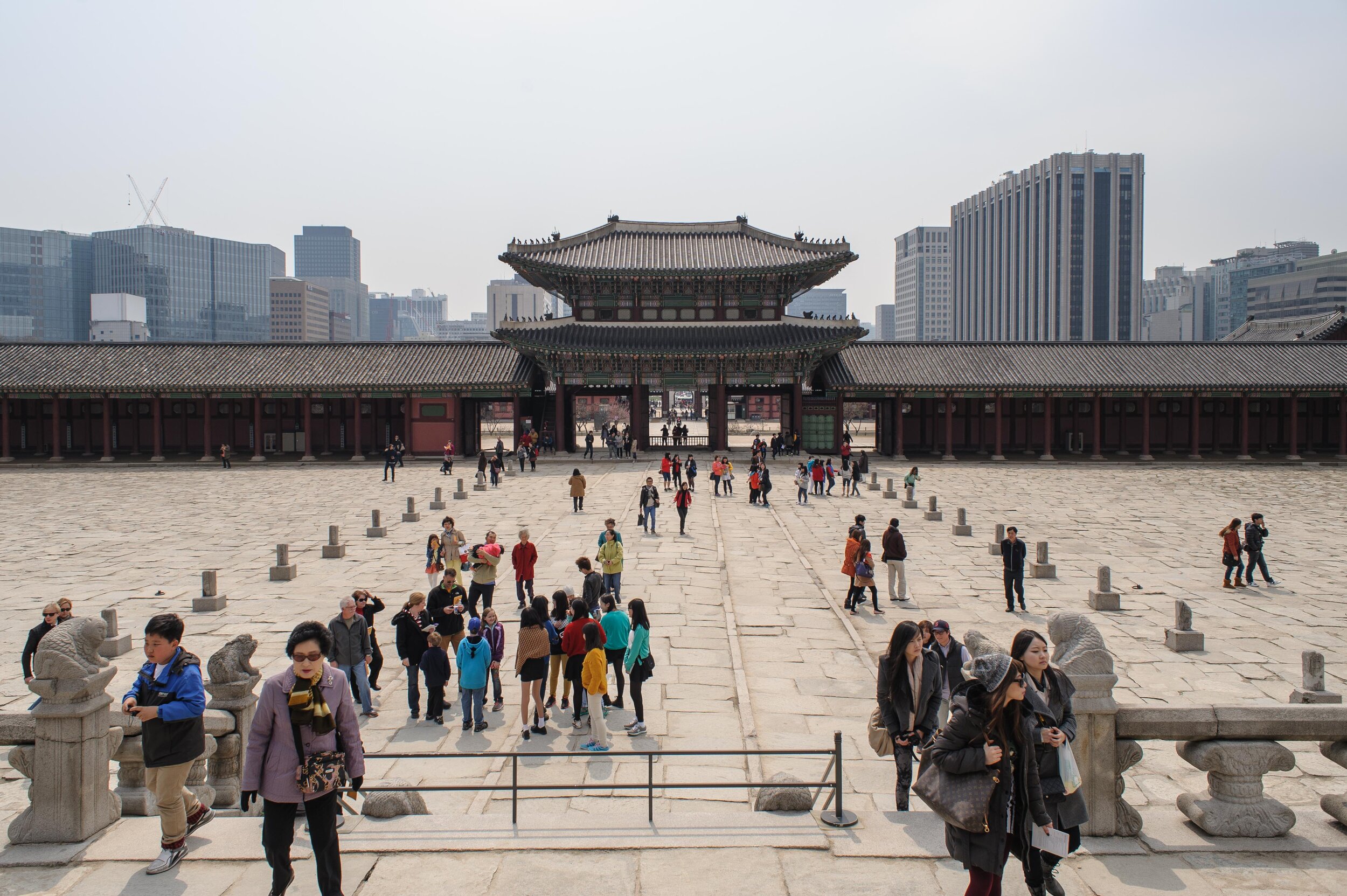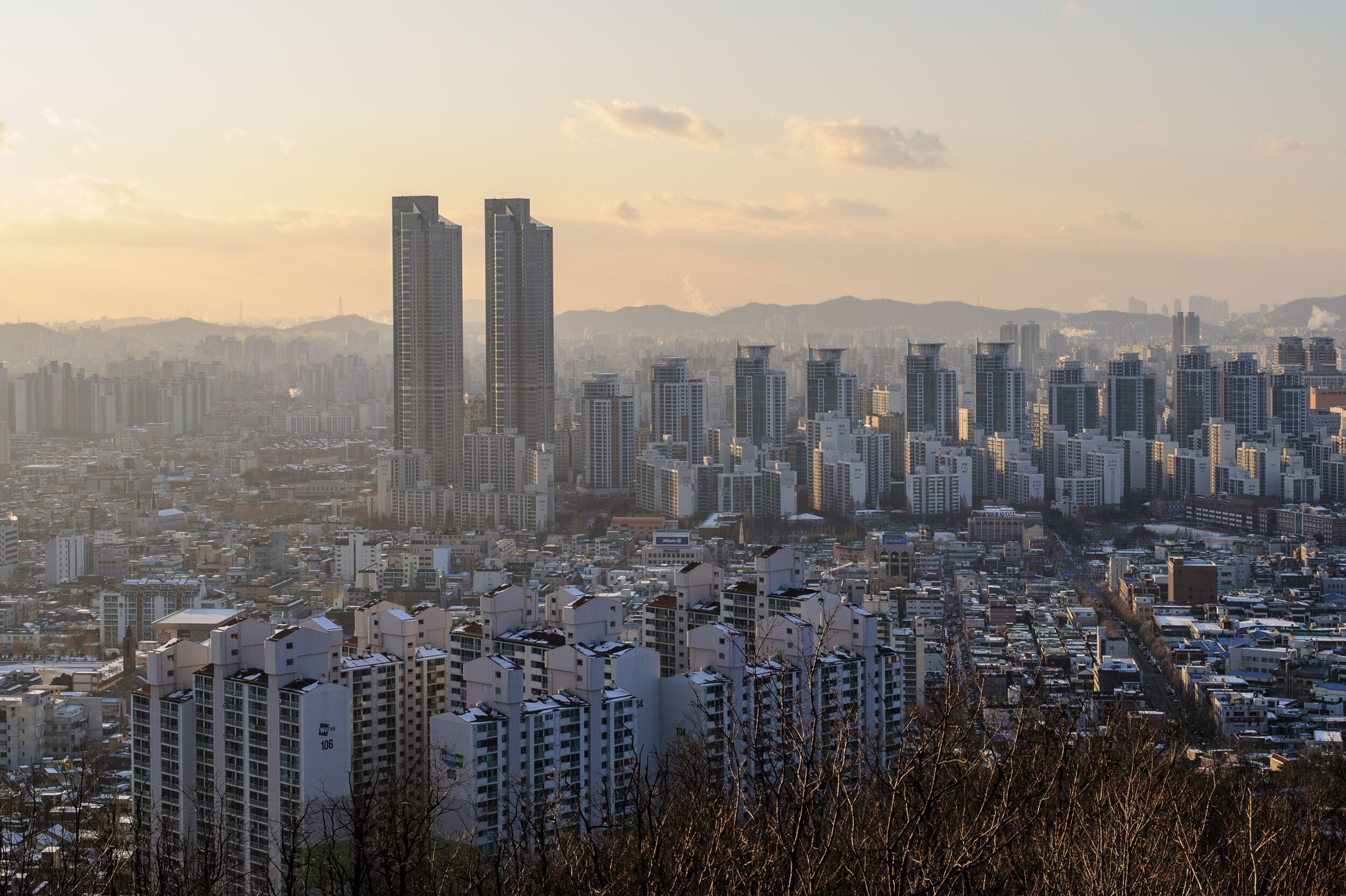Korea Area Studies
Overview
SRI conducts research into the geo-political and economic rivalry of the two Koreas primarily in Sub-Saharan Africa, but also in different areas of the world such as the Middle East. While North Korea historically forged diplomatic links with Soviet-supported African countries, South Korea only prioritized intercontinental relations when the country declared 2006 to be the “Year of friendship with Africa” and launched the “Korea Initiative for Africa’s Development”.
Research
1) Christianity and Politics: Korea versus Kenya
The process tracing of the relationship between Christianity and politics in Korea versus Kenya led to the discovery of similar trajectories that are based on two underlying conditions: a) a large portion of the country’s population is Christian, and b) religious groups have historically invested in the democratization processes. These two conditions led to: 1) government or political parties’ desire to co-opt the religious group or leaders to increase its voting power or political influence, 2) religious leaders or churches proposing to provide stewardship or governance to the government, and 3) some mainstream churches trying to stay neutral upholding separation between the church and state in the aftermath of democratization.
2) Evolution of Korean Studies in Africa
This presentation traces the historic relationship between Africa and the two Koreas, and it also provides a strong literature review. It was given as part of the conference segment entitled “Korean Studies Abroad” during the 2022 International Conference organized by the Center for Korean Economy and K-Academics at Seoul National University.
This presentation traces the historic relationship between Africa and the two Koreas, and it also provides a strong literature review. It was given as part of the conference segment entitled “Korean Studies Abroad” during the 2022 International Conference organized by the Center for Korean Economy and K-Academics at Seoul National University.
3) Relations between North Korea and Africa
The research report entitled “An Exploratory Analysis of North Korea’s Relationship with Africa: From the Cold War to Now” traces the history of the Democratic People’s Republic of Korea’s involvement in Africa starting with the country’s support of African liberation and independent movements to carrying out cyber crimes on the continent. The report argues that North Korea has always operated as an independent entity, not as a proxy, during the Cold War. Furthermore, its activities in Africa have been pursued opportunistically to support North Korea’s regime and finance it weapons of mass destruction program.
4) Relations Between South Korea and Iran
A paper entitled “Political Culture and Collective Action: Applying South Korea’s Democratization Model to Iran’s Green Movement” by Dr. Ko and published by The Korean Journal of Area Studies utilizes the within-case study analysis methodology called process-tracing to examine socio-political events that underlined these two movements. The analysis showed that both movements shared several conditions that led to the formation of social and political capital, yet Dr. Ko argues that the causal relationships between independent variables revealed two vastly different political cultures.
Compared to Iran, South Korea’s political culture was homogenized, although a temporary one, with the New Korea Democratic Party (NKDP)’s successful consolidation of the nation’s various civic groups, including radical student groups, for the purpose of eliciting support from the middle-class. South Korea’s dissident politicians formed a united opposition front and a consolidated protest theme. Therefore, the formation of the NKDP and its electoral alignment with civil-society groups led to a mass mobilization, which was focused and targeted with centripetal momentum.
In contrast, Iran’s opposition forces were fragmented and lacked synchronized protest themes. While the Guardian Council’s enormous influence vetted the number of reform-minded candidates, Iran’s political culture witnessed a wide spectrum of differing political ideals and attitudes.
Mir Hossein Mousavi, Mohammad Khatami, and Mehdi Karroubi advocated the fundamental principles of the Islamic Republic while many of Iran’s young men and women aimed to bring down the very system of which the Green Movement leaders were a part. In addition, Iran’s constitution is viewed to lack the democratic notions that are understood in the western sense of the political culture framework. In the end, Mousavi was criticized for failing to co-opt the support of civic-society groups in Iran, including ordinary Iranian citizens.
Nevertheless, the Green Movement represented Iran’s poly-vocal culture in which a plethora of diverse political ideals and attitudes was embedded and which Iran’s opposition politicians can attempt to accommodate by moderating and splintering their stance.
5) "Koreanization" of Political Science Methodology and Practice
This conference paper explores the current debate within Korea's political science community on the issue of “Koreanization” of the theories of International Relations and Comparative Politics. The debate calls for constructing Korea's own indigenous models of political science instead of relying on “imported” ideas and theories from the schools of thought originated in Japan and the United States.
First, the paper analyzes two case studies that use U.S. centric views and approaches in order to explain 1) Japan-Korea relations and 2) the development of South Korea's democratization process. The analyses of these case studies highlight the importance of the current and ongoing debate among Korea's political science scholars and policy makers concerning the branding of the community's homegrown theories and empirical models.



